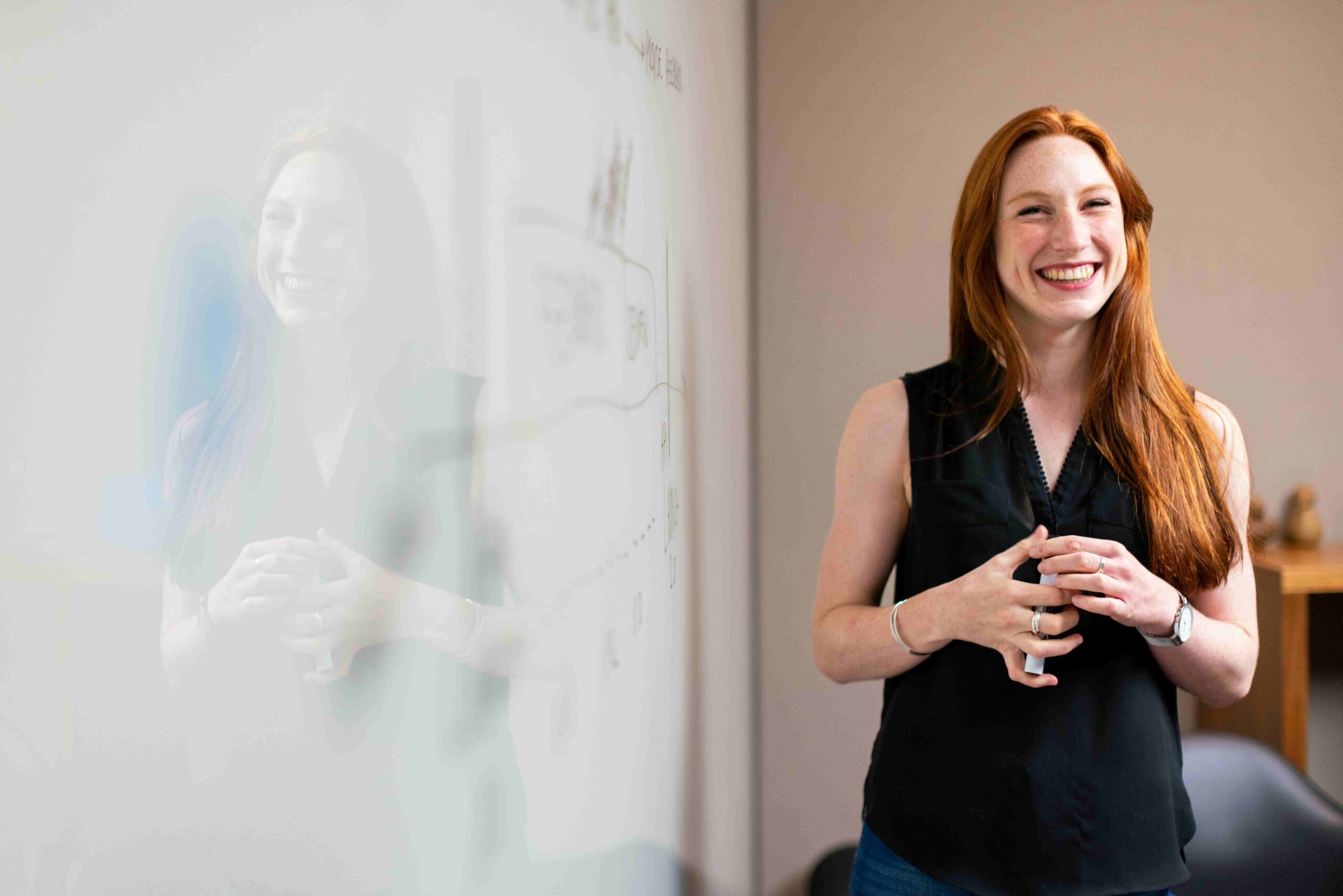
Reflections on Failure: Learning from Life’s Setbacks
Article Level: C1-C2
Explanation: This article explores how failure, often seen as a negative experience, can be a valuable tool for personal growth. By embracing setbacks with resilience and adaptability, we can turn them into opportunities for learning, innovation, and eventual success.
Read more: Reflections on Failure: Learning from Life’s Setbacks

Reflections on Failure: Learning from Life’s Setbacks
Failure is often perceived as an undesirable experience, one to be avoided at all costs. However, a deeper reflection on failure reveals that setbacks are not only an inevitable part of life but also valuable opportunities for growth. The notion that failure should be feared or disregarded can limit personal development, yet by reframing our understanding of it, we can harness its potential to propel us toward success. In this article, we explore how embracing failure can lead to profound learning and eventual triumph.
The Role of Failure in Personal Growth
At first glance, failure might appear to be the antithesis of success. However, when examined closely, it becomes clear that failure is often the foundation upon which success is built. Many of the world’s most celebrated achievers have experienced numerous failures before reaching their goals. For example, Thomas Edison famously stated that he hadn’t failed 1,000 times but had discovered 1,000 ways that didn’t work. This perspective highlights that failure is not a definitive end but a step in the process of eventual achievement.
Failure forces us to confront our limitations, whether they be in skills, knowledge, or perseverance. It can prompt us to reassess our approach, re-evaluate our strategies, and learn more about our strengths and weaknesses. Such self-awareness can be a catalyst for improvement, ensuring that we grow as individuals and professionals.
Learning from Setbacks: Key Takeaways
One of the most important lessons failure can teach is resilience. Instead of being discouraged by setbacks, learning to bounce back from them strengthens our mental fortitude. Resilience is not about avoiding failure but rather about developing the ability to recover quickly and persist in the face of adversity. People who possess resilience tend to thrive in challenging situations because they view failure as part of the journey, not the end of the road.
Another vital lesson from failure is the importance of adaptability. When a particular strategy or method fails, it is often necessary to adapt and find new solutions. This flexibility can lead to innovative ideas and alternative paths that might not have been considered without the initial failure. In this sense, failure can ignite creativity and lead to breakthroughs that would not have occurred if success had been achieved on the first attempt.
The Psychology of Failure
Understanding the psychological impact of failure is crucial for overcoming it. While failure can initially lead to feelings of disappointment or frustration, it is essential to recognise these emotions as temporary. The key is to avoid allowing failure to define us. Instead of seeing it as a reflection of our worth, we should view it as a temporary setback in an ongoing process. This mindset shift can significantly reduce the fear associated with failure, enabling us to approach challenges with confidence and resilience.
Conclusion
Failure is not the end of the road, but rather a stepping stone toward growth. By reflecting on our setbacks and learning from them, we can transform our failures into valuable lessons that shape our future success. Through resilience, adaptability, and a positive outlook, we can use failure as a powerful tool for personal and professional development. Embracing failure, rather than fearing it, can ultimately lead to greater achievements in life.

We’d love to hear your thoughts! Join the conversation by leaving a comment below. Sharing your insights, questions, or experiences can help you connect with others in our English learning community. It’s a great way to practice your English skills, engage with like-minded individuals, and improve together. Don’t be shy—jump in and let’s keep the discussion going!

 EnglishMasteryHub
EnglishMasteryHub